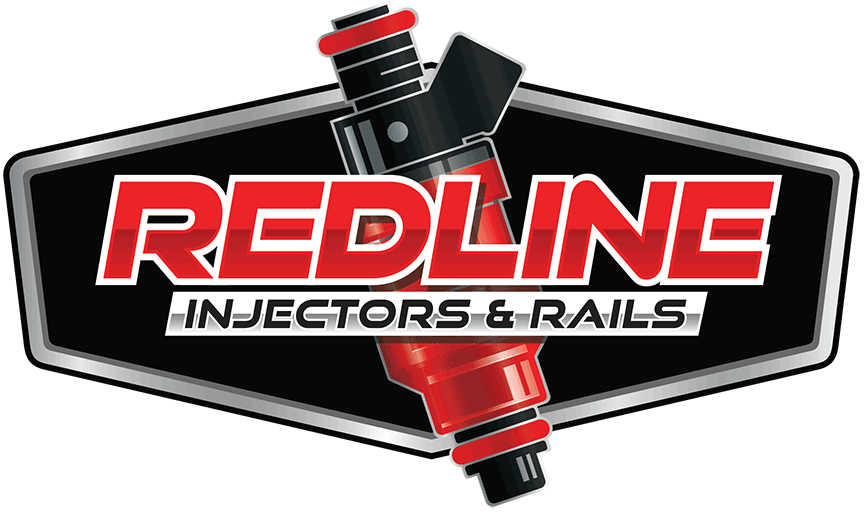Cold start injectors were commonly used in older fuel-injected engines to provide extra fuel during startup, especially in cold weather conditions. Many auto manufacturers incorporated them into their engines before modern electronic fuel injection (EFI) systems made them obsolete. Some of the notable manufacturers that used cold start injectors include:
Manufacturers and Models Using Cold Start Injectors:
- Toyota – Many older Toyota models (e.g., 1980s-1990s Celica, Supra, Corolla, 4Runner, and Land Cruiser) with mechanical or early electronic fuel injection.
- Honda – Older models with fuel injection, such as the early Honda Accord, Prelude, and Civic from the 1980s.
- Volkswagen/Audi – Older models, particularly those with Bosch K-Jetronic and L-Jetronic fuel injection systems.
- BMW – Various models from the 1970s and 1980s, including early 3-Series, 5-Series, and 7-Series with Bosch fuel injection.
- Mercedes-Benz – Classic models using Bosch mechanical fuel injection (K-Jetronic).
- Nissan/Datsun – Some older models, including the Datsun 280Z and early Nissan 300ZX.
- Porsche – Early fuel-injected 911 and 928 models with Bosch Jetronic systems.
- Volvo – Older fuel-injected models, particularly in the 1970s-1980s.
- General Motors (GM) – Some models equipped with throttle body injection (TBI) and early multi-port fuel injection systems.
- Ford – Certain models from the late 1970s and 1980s, such as those using Bosch-derived systems.
Why Cold Start Injectors Became Obsolete
- Modern EFI Systems: Newer electronic fuel injection systems manage fuel delivery through the primary injectors, eliminating the need for a separate cold start injector.
- Improved Sensors & Engine Control Units (ECUs): Modern temperature sensors and ECUs precisely control the air-fuel mixture, making cold start injectors unnecessary.
- Emission Regulations: Cold start injectors often led to excessive fuel consumption and emissions, prompting manufacturers to refine fuel delivery systems.
